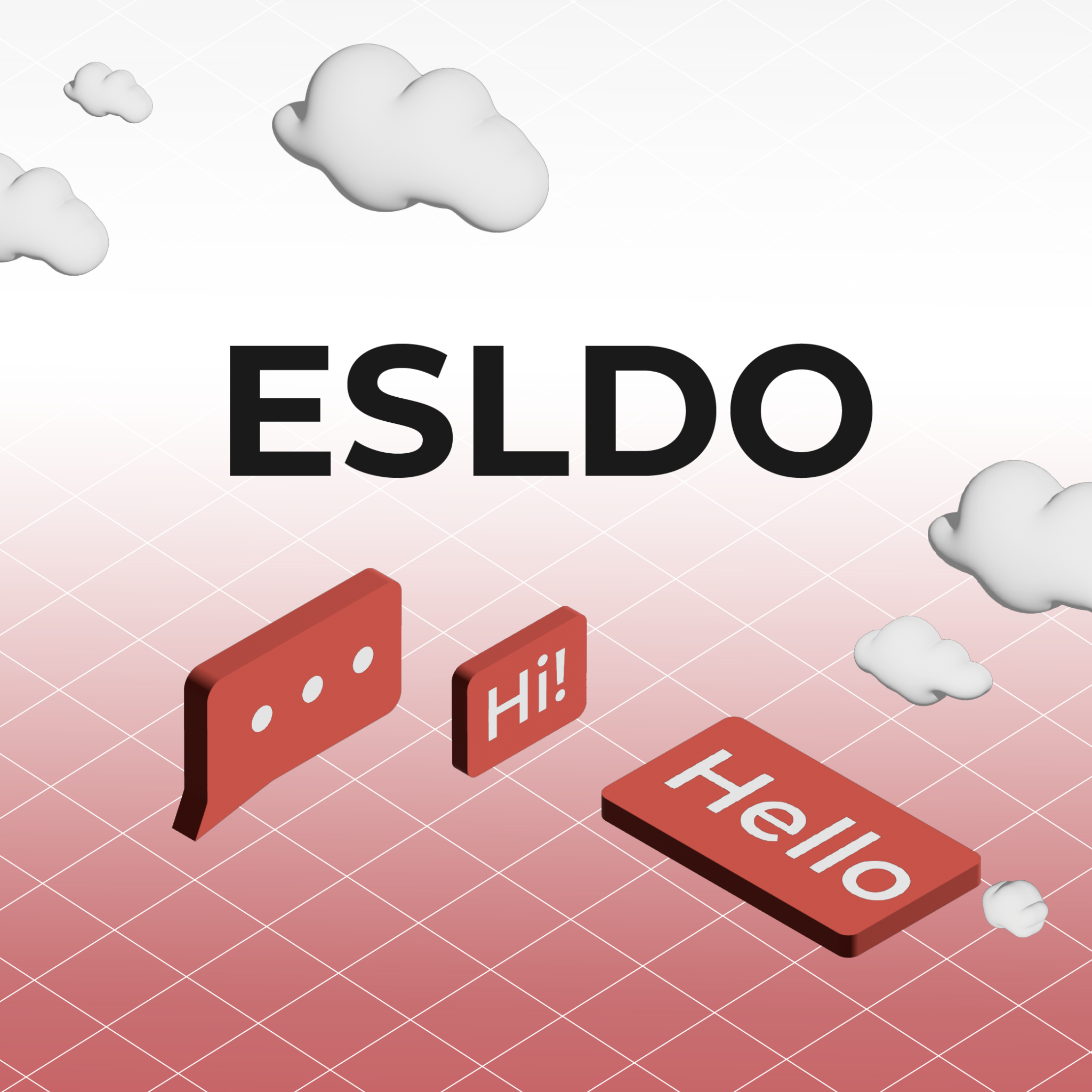
Course Title/ Grade/ Course Type: English as a Second Language ESL Level 4
Ministry Course Code: ESLDO
Curriculum Document: English as a Second Language and English Literacy Development, the Ontario Curriculum, Grades 9 to 12, 2007 Revised
Prerequisite: ESL Level3 (ESLCO), English as a Second Language
COURSE DESCRIPTION
This course prepares students to use English with increasing fluency and accuracy in classroom and social situations and to participate in Canadian society as informed citizens. Students will develop the oral-presentation, reading, and writing skills required for success in all school subjects. They will extend listening and speaking skills through participation in discussions and seminars; study and interpret a variety of grade-level texts; write narratives, articles, and summaries in English; and respond critically to a variety of print and media texts.
Outline of Course Content
Unit 1: My Education
The unit will commence the course by reflecting on their educational journeys. Students will learn about educational resources available in their schools (university & college guides, credit-mapping, etc.) They will use these resources to reflect and consider university degrees they would like to study and schools they would like to attend. Then, they will be introduced to the concept of a biography and be shown examples; they will understand the relevant terminology and explore the variety of forms (non/fiction, media, etc.). For their culminating assignment, students will be asked to create their own biography in any form of their choosing. The biography will be focused on their education both personal and academic.
Unit 2: Lots of Information
In this unit, students will learn about the variety of sources of information available to us in 2021, including social media, blogs, digital magazines, podcasts, published papers, and articles. (Pick 3-4) They will learn the relevant terminology and be taught how to receive and evaluate information and perspectives with relation to facts, reliability, authority, bias, and representation. Students will identify the conventions of the media forms. Before beginning their culminating activity, students will learn how to research and cite information. For their culminating activity, students will research an issue that they care about, and write a detailed and supported article describing the situation, followed by a personal reflection of their bias in their writing.
Unit 3: Power of Words
In this unit, students will refine their listening and speaking skills by engaging with increasingly complex oral texts focused on inspiring change and revealing injustices. Students will listen to political speeches, spoken word poetry (such as Prince Ea), and satirical comedies/speeches (such as Colbert’s Bush speech). Students will learn about the conventions of persuasion and be shown examples of text analysis. For their culminating activity, students will produce an oral presentation/recording of them giving a formal/satirical speech about a topic of their choosing.
Midterm Exam
Unit 4: Writing Big!
Students will work their way through a guided writing unit. Firstly, they will be once again reminded of the importance of academic honesty. Then students will select a topic of their choosing from the options provided. The topics chosen must be based on issues of Canadian Citizenship & History/Heritage. They will work step-by-step through the writing process. As they complete most of the lessons, students will submit their work (drafts, vocabulary building, information collection, bibliographies, etc.) one by one to acquire feedback. The final lessons will focus on publishing and finalizing the written work.
Unit 5: Canadian Fiction
Students will be introduced to various examples of Canadian literature such as poetry, short stories, and music. Students will be asked to analyze the texts with a focus on diction, setting, symbolism, and social commentary.
Culminating Activity
Final Exam
Final Mark will be determined following percentages:
70% Determined by the evaluations conducted throughout the duration of the course:
Products – Assignments, Essays, Journals, Portfolio
Observations – Presentations
Conversations – Conference with the Teacher
30% Final examination of the students and/or a Culmination Assignment